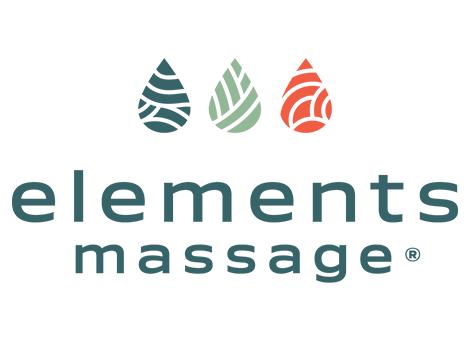In the modern world, where distractions are omnipresent, maintaining concentration can be challenging. Concentration, the mental effort directed towards a specific object, task, or activity, is crucial for productivity, learning, and the effective completion of tasks. Massage therapy has been identified as a beneficial intervention for improving concentration by alleviating factors that can hinder cognitive performance, such as stress, tension, and mental fatigue.
Mechanisms Through Which Massage Therapy Enhances Concentration
-
Reduction of Stress and Anxiety: Chronic stress and anxiety can significantly impair cognitive functions, including concentration and memory. Massage therapy can reduce stress and anxiety levels by lowering cortisol (the stress hormone) and increasing serotonin and dopamine (neurotransmitters associated with mood regulation), thereby creating a more conducive mental state for concentration (Field, 2010).
-
Enhancement of Sleep Quality: Poor sleep quality and sleep disturbances negatively affect cognitive functions, including the ability to concentrate. By promoting relaxation and alleviating conditions that interfere with sleep, such as pain and anxiety, massage therapy can improve sleep quality, which in turn supports better concentration during waking hours (Field, 2014).
-
Increased Blood Flow to the Brain: Massage therapy can enhance circulation, including blood flow to the brain. Increased cerebral blood flow can improve oxygen and nutrient delivery to the brain, which is essential for optimal cognitive function and concentration (Field, 2016).
-
Promotion of Relaxation: Activation of the parasympathetic nervous system through massage leads to a state of relaxation. A relaxed mind is more capable of focusing and sustaining attention on tasks, improving concentration (Moraska et al., 2008).
Scientific Evidence on Massage and Concentration Improvement
Several studies have explored the impact of massage therapy on concentration and cognitive functions. A study by Field et al. (1998) involving adolescents reported that participants who received regular massage sessions showed improvements in mood, sleep patterns, and cognitive performance, including concentration.
Another research study focusing on office workers found that those who received chair massages reported reduced stress levels and improved alertness and concentration, suggesting that massage therapy can be an effective intervention for enhancing cognitive performance in high-stress environments (Back et al., 2017).
Conclusion
Massage therapy, through its multifaceted effects on reducing stress and anxiety, improving sleep quality, increasing blood flow to the brain, and promoting overall relaxation, can significantly contribute to improved concentration. By addressing both the physical and psychological aspects that impact cognitive function, massage therapy offers a holistic approach to enhancing concentration and mental clarity. Incorporating massage therapy into wellness routines can therefore not only support physical health but also cognitive well-being, aiding individuals in achieving higher productivity and better performance in their daily activities.
References
- Back, C., Tam, H., Lee, E., & Haraldsson, B. (2017). The effects of massage on office workers' stress. Journal of Alternative and Complementary Medicine, 23(9), 700-705.
- Field, T. (2010). Touch for socioemotional and physical well-being: A review. Developmental Review, 30(4), 367-383.
- Field, T. (2014). Massage therapy research review. Complementary Therapies in Clinical Practice, 20(4), 224-229.
- Field, T. (2016). Massage therapy research review. Complementary Therapies in Clinical Practice, 24, 19-31.
- Field, T., Quintino, O., Henteleff, T., Wells-Keife, L., & Delvecchio-Feinberg, G. (1998). Adolescents with attention deficit hyperactivity disorder benefit from massage therapy. Adolescence, 33(129), 103-108.
- Moraska, A., Pollini, R. A., Boulanger, K., Brooks, M. Z., & Teitlebaum, L. (2008). Physiological adjustments to stress measures following massage therapy: a review of the literature. Evidence-Based Complementary and Alternative Medicine, 7(4), 409-418.

